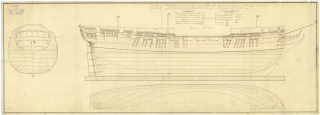See also
List of ships with the same or similar names
This article includes a list of ships with the same or similar names. If an internal link for a specific ship led you here, you may wish to change the link to point directly to the intended ship article, if one exists.


